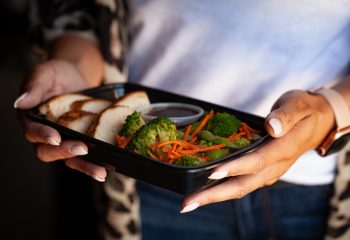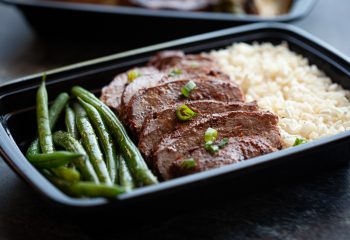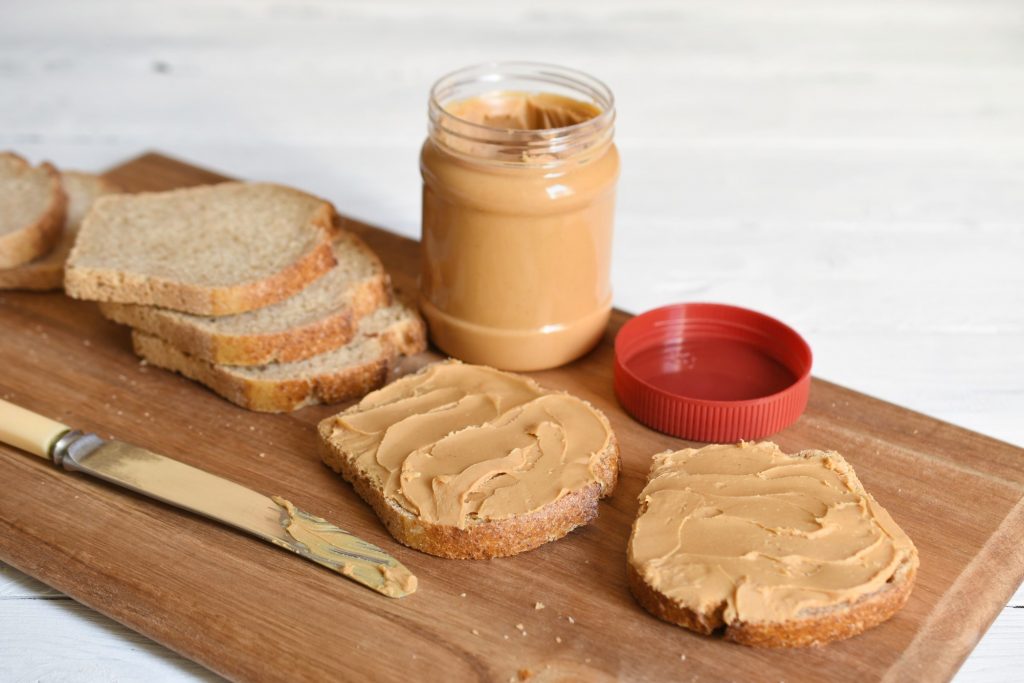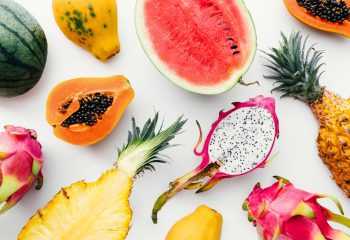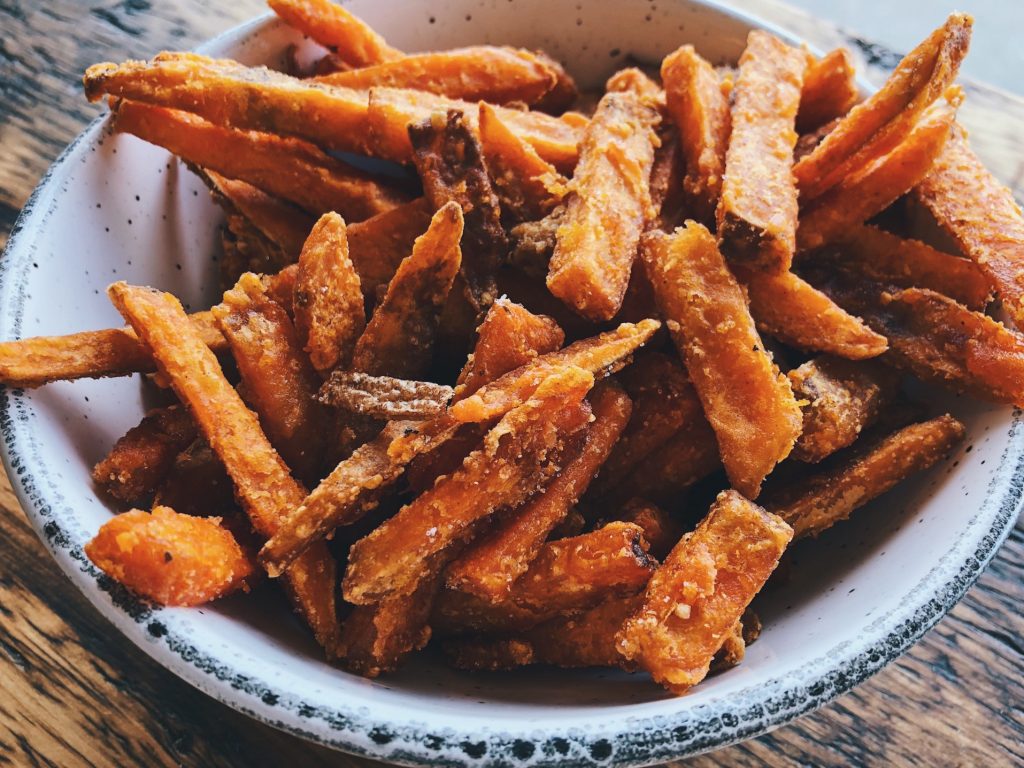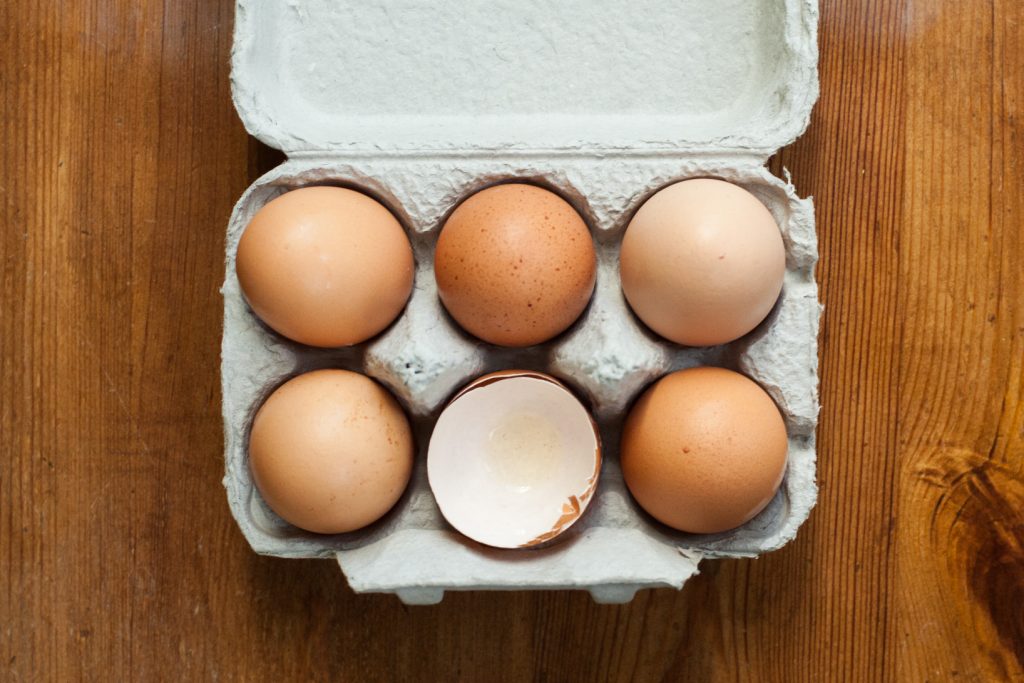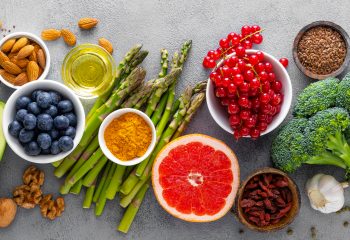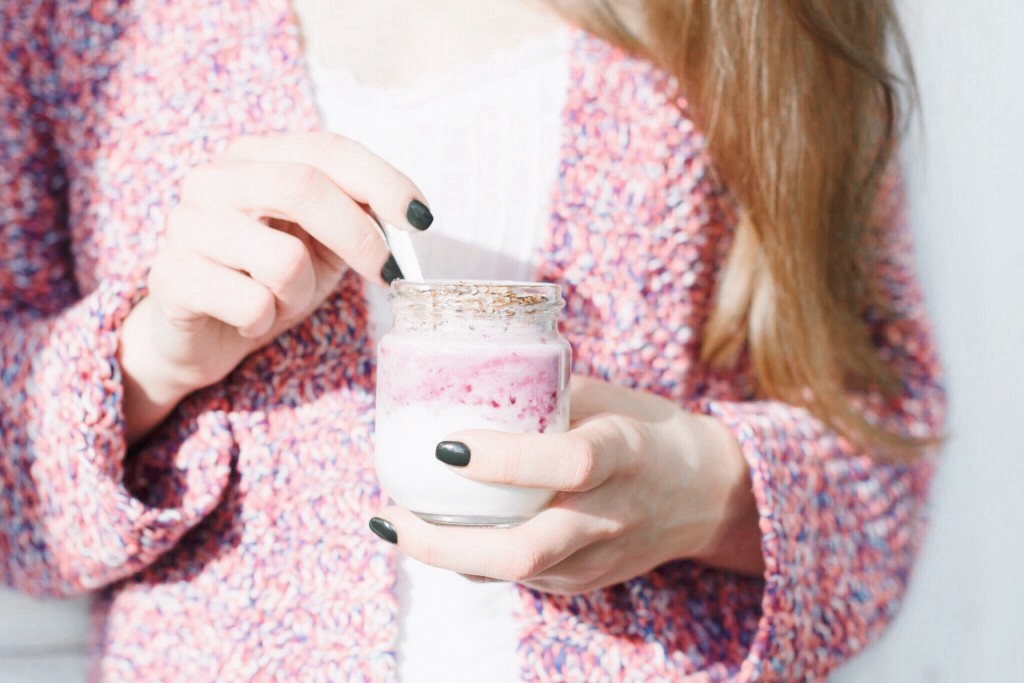You have to do what you can to reduce chronic stress. If you know the actual trigger, then you can concentrate on taking care of that. However, if you can’t get rid of the trigger for a while, such as with a stressful job you can’t leave yet, you have to work on the stress from other angles. Food is one such angle as nutrition plays a distinct role in controlling stress.
A Cup of Tea
Tea is one of the most notable stress-relieving foods, both in plain old cup form and in the form of matcha powder. Matcha may be one of the best foods you can have when you try to soothe stress because it contains higher concentrations of compounds that have been linked to stress relief. Of course, a cup of hot tea in your favorite flavor can be enough, too, as you relax for the few minutes it takes you to drink the tea. Some herbal teas, such as chamomile and commercial preparations for stress relief can work well, too; just be sure you don’t drive after consuming these teas as they can make you drowsy.
Leafy Greens
Leafy greens such as Swiss chard and spinach contain the B-vitamin known as folate and the mineral magnesium. These both play a role in stress control. Magnesium is of particular interest because in general, people with more magnesium have lower markers for inflammation and stress.
Nuts and Seeds
Nuts are nutritional powerhouses and contain B-vitamins, which help control stress. They also contain potassium, which helps control blood pressure and cardiovascular strain. And if you prefer seeds to nuts, sunflower seeds have high levels of vitamin E, which has been linked to mood and reducing feelings of depression.
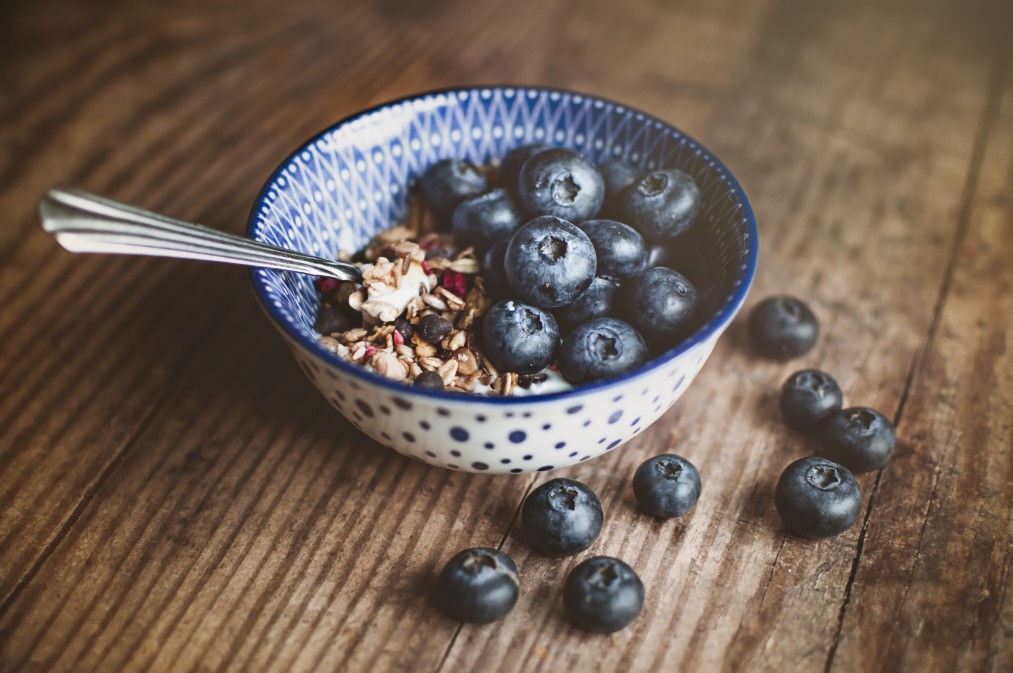
Blueberries
Blueberries are very good for stress relief as well. Not only do they taste great, but they also have anti-inflammatory properties that protect you, and they may reduce damage to your body’s cells.
Whether you’re normally surrounded by difficult situations or have just had an incredibly tough time during the pandemic, stress is not really a healthy condition to be in. While there are some good forms of stress, such as the tension felt as you try to finish up a cherished project or compete in a race you’ve been training for, chronic stress can have adverse effects on you that create their own secondary problems.
Don’t fall into the trap of bingeing on comfort foods like mac and cheese or cake. These are nice when eaten in moderation, but they are very caloric and often don’t contain a lot of diverse nutrients as vegetables and nuts do. Consider using a meal service like Fit Five, which helps you save time while still getting the foods your body needs, rather than the comfort foods your stress wants. If you’re in the Birmingham area, give your health a boost with Fit Five’s prepared meals. We have new menus every week, and our meals are available at several locations around the region. Order ahead of time for twice-weekly pickup or use our Grab ‘n Go service for healthy food anytime. For more information please contact us today.
